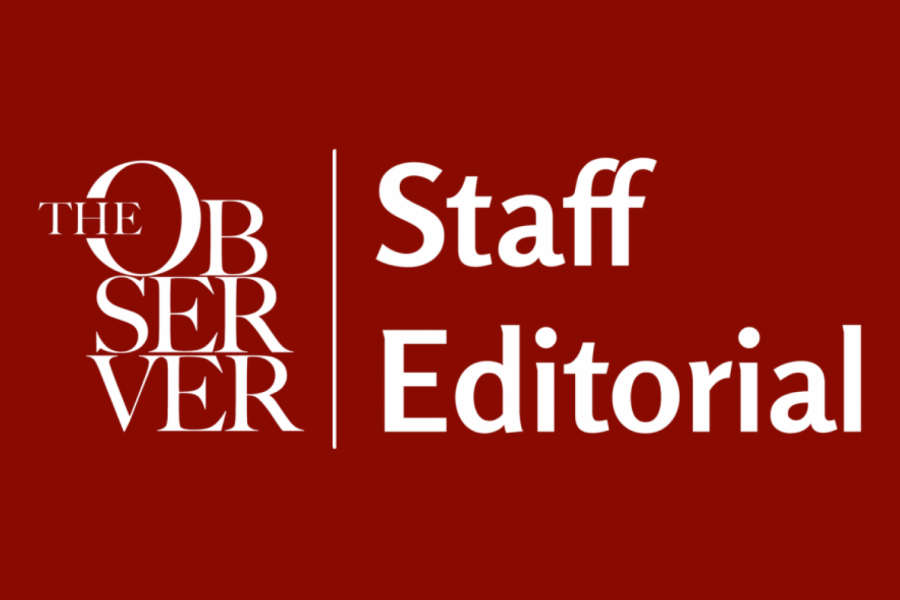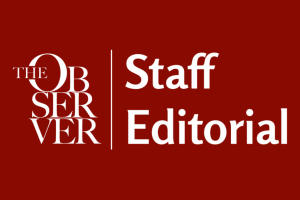War in Ukraine Exposes Injustice
March 24, 2022
It has been almost a month since Russia began its most recent invasion of Ukraine. We are reminded of the plights of the Ukrainian people everywhere we turn, from viral TikTok slogans to Instagram feeds to news articles, all detailing the lives lost, brutal strikes and tales of Ukrainian heroism. National landmarks — including the Empire State Building — bear the colors of Ukraine, and Ukrainian flags can be seen hanging in windows and pinned to clothing.
We should be giving attention to this issue and supporting Russian and Ukrainian citizens in our community and abroad as best we can. In doing so, however, we shouldn’t forget to think critically about the actors in this story, both those involved and those left out.
In the midst of violence, it is of the utmost importance that we remain mindful of our treatment of Russian nationals — both those situated in Europe and abroad — and refrain from exhibiting hostile behavior toward them. Innocent citizens should not have to suffer for the actions and decisions of their leader, and such unwarranted shows of animosity only serve to brew further aggression.
Racial disparities about who has the right to peace are evident both outside and inside Ukraine.
As more people have taken to social media to express outrage and disapproval toward Russia’s actions in the war, so too has anti-Russian sentiment grown. Hatred directed toward the country that stems from the failure to separate citizens from their government has negatively impacted Russian and Russian-associated establishments. While anger toward such a flagrant infringement of peace is natural, it should not be directed at those who have had neither part in nor a say in the war.
In addition, racial disparities about who has the right to peace are evident both outside and inside Ukraine. There have been reports of South Asian, Middle Eastern and Black Ukrainians facing discrimination as they try to flee the country. This is linked to larger conversations about the geopolitics of race, religion and ethnicity and why European countries like Poland and Romania that have been reluctant to admit immigrants fleeing conflict in the Middle East for years are willing to accept Ukrainian refugees on such short notice.
The issue of how the media frames who the refugees from Ukraine are — middle-class, white and “civilized” — contrasts sharply with how refugees from the Middle East are often described, pointing to racial and religious biases. We need to be more aware of the insidious ways race plays a role in the attention we give to certain issues and groups over others.
The influx of multiple news outlets reporting on an ongoing war in real time makes it more important than ever to ensure that the news we consume is well balanced. Whether it stems from ignorance or concerted efforts by bad actors, misinformation threatens our perceptions of the war and invites opinions and prejudice to form that may not be based in reality.
It is on each of us to educate ourselves and those around us responsibly and notice where we may be hurting those who are left out or mischaracterized and fix our attitudes toward them.
We may not be directly involved in the violence, but we can still cause harm with our ignorance.














